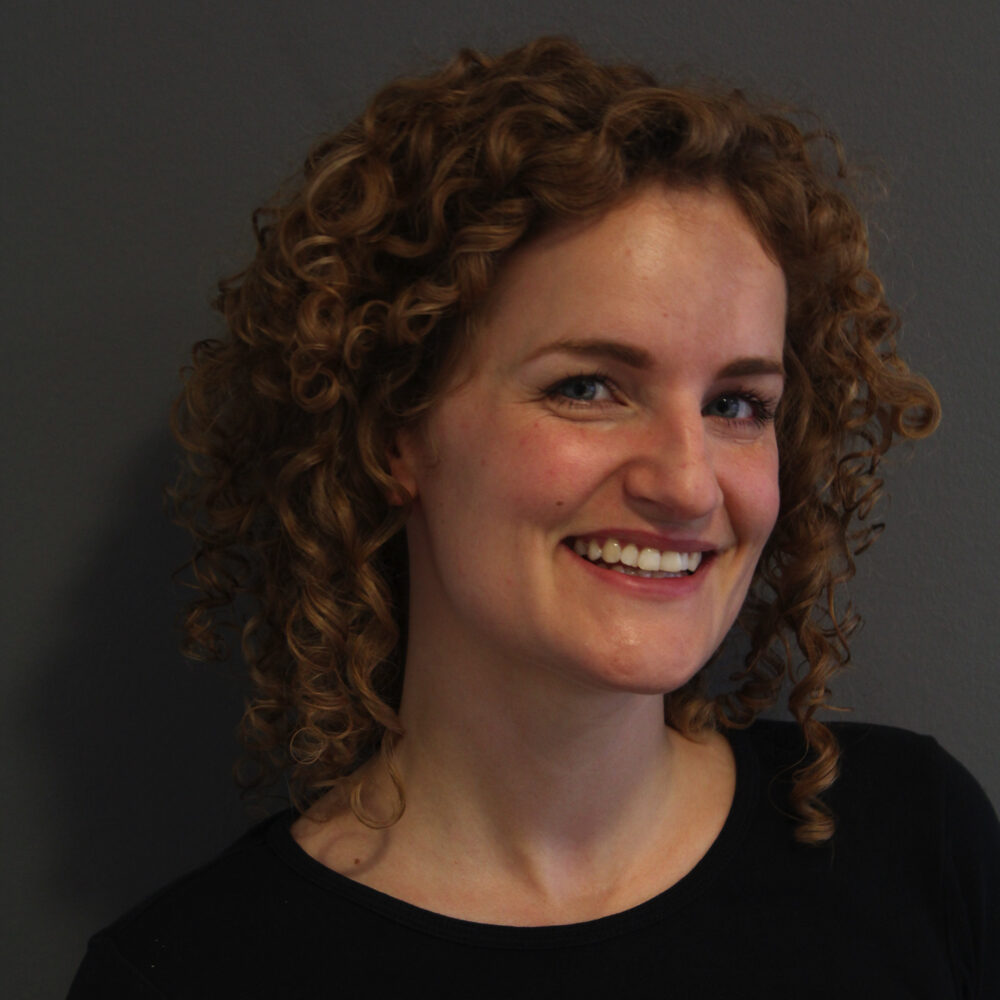A recent study by the University of Auckland has found that certain people’s poo contains bacteria that could help cure other people suffering from illnesses such as Clostridium difficile.
These so-called ‘super poopers’ have fabulous faeces that contain the necessary bacteria to rejuvenate the guts of people with a range of illnesses, giving much higher cure rates. “The pattern of success in these trials demonstrates the existence of ‘super-donors’, whose stool is particularly likely to influence the host gut and to lead to clinical improvement,” said senior author Dr Justin O’Sullivan.
Another person’s poo may not seem to be the best way to cure what ails you, but faecal transplants have been used to treat Clostridium difficile – an unpleasant infection where a particular species of bacteria overruns the bowel, causing recurrent diarrhoea – with a 90 per cent rate. In a faecal transplant, poo from a healthy donor is transplanted into a patient in order to fill their gut with friendly bacteria and help fight illness. Trials for other conditions, such as inflammatory bowel disease and type 2 diabetes, have not been as successful as C. difficile.
Our microbiome – the bacteria, viruses and fungi in our bodies, and especially our guts – is unique to each of us. Research has seen an ever-growing list of medical conditions, including Alzheimer’s, multiple sclerosis, heart disease, cancers and asthma, that seem to be associated with a microbiome that’s not in good health.
The scientists hope that by studying the stools of these super poopers, they can improve the success of faecal transplants and even use them as a treatment for these conditions.
But what is it about super poopers that makes them so special? So far, it appears that their guts are more diverse and have high levels of chemical-producing bacteria called ‘keystone species’, which are absent in the sick patients. For example, one keystone species produces butyrate, which is associated with improvements in inflammatory bowel disease and diabetes. Butyrate regulates the immune system and is linked with how the body generates energy from food.
But by digging deeper, the researchers have found it isn’t just the bacteria that are helpful, but also the other substances inside the poo, such as DNA, viruses and other debris. Plus, success rates can also be improved if the recipient manages their diet to feed their new microbes.
“Super-donors provide us with a unique opportunity to learn more about the microbiome component of chronic diseases, like irritable bowel syndrome or obesity,” said Brooke Wilson, co-researcher and PhD student at the University of Auckland.


